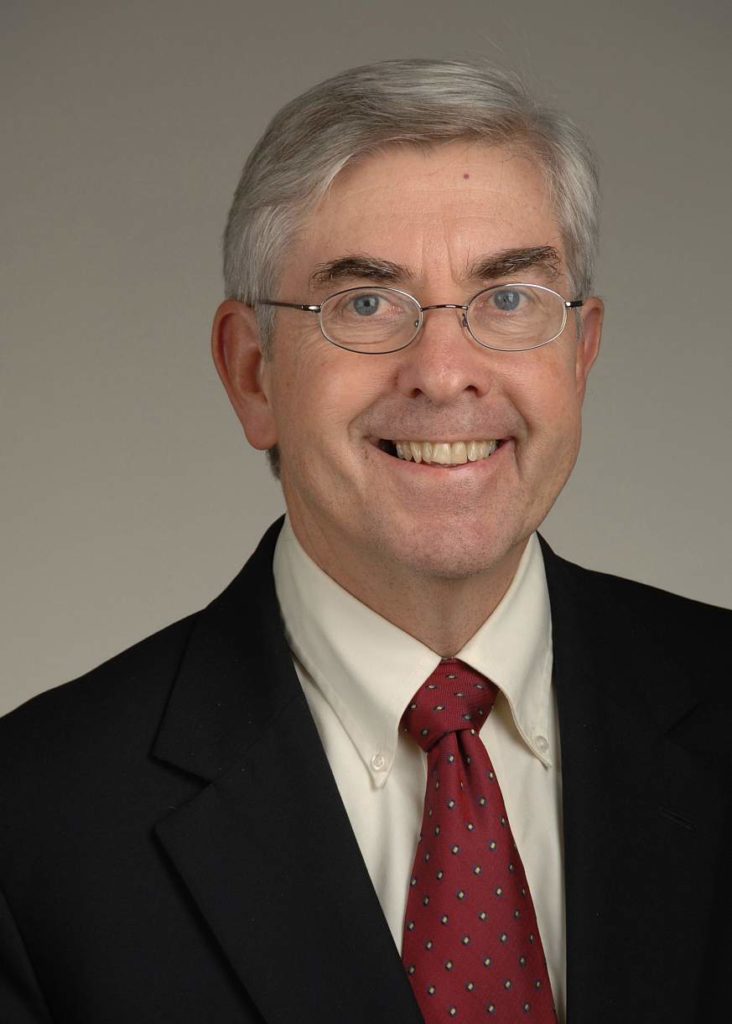Marshall A. Wolf Conference Room (Hale Building, 3rd Floor)
Tracy Batchelor, MD
Neurologist-In-Chief
Chair, Department of Neurology
Elizabeth G. Nabel, MD
President, Brigham Health
Marshall A. Wolf Conference Room (Hale Building, 3rd Floor)
Moderators: Tracey Milligan, MD and Tracy Young-Pearse, PhD
Ulf Dettmer, PhD
| 9:30 – 9:50 |
Novel uses of ultrasound in epilepsy
Ellen Bubrick, MD |
| 9:50 – 10:10 |
Blood biomarkers in the rational assessment of Alzheimer’s disease
Lei Liu, PhD |
| 10:10 – 10:30 |
Glial genes contribute to Parkinson’s disease pathogenesis
Abby Olsen, MD, PhD |
| 10:30 – 10:50 |
Bacteria on the Brain: How the microbiome contributes to neurodegenerative disease
Laura Cox, PhD |
| 10:50 – 11:10 |
Social network characteristics of former NFL football players
Amar Dhand, MD, DPhil |
| 11:10 – 11:30 |
Studying alpha-synuclein conformation in live cells
Ulf Dettmer, PhD |
Hale Cafe Atrium (Hale Building, 1st Floor)
12:00 – 12:55 PM – Session A (15 posters)
1:00 – 1:55 PM – Session B (15 posters)
Hale Cafe Atrium (Hale Building, 1st Floor)
Hale Cafe Atrium (Hale Building, 1st Floor)
FUNDING OF NEUROSCIENCE: BASIC, TRANSLATIONAL, AND CLINICAL RESEARCH
Moderator: Reisa Sperling, MD, Professor of Neurology, Director, Center for Alzheimer Research and Treatment
Panelists:
Walter Koroshetz, MD
Director, NINDS
Alfred Sandrock, MD, PhD
Executive Vice President, R&D, Biogen
Page Pennell, MD
Associate Neurologist
Professor of Neurology
Dennis Selkoe, MD
Associate Neurologist
Professor of Neurology


